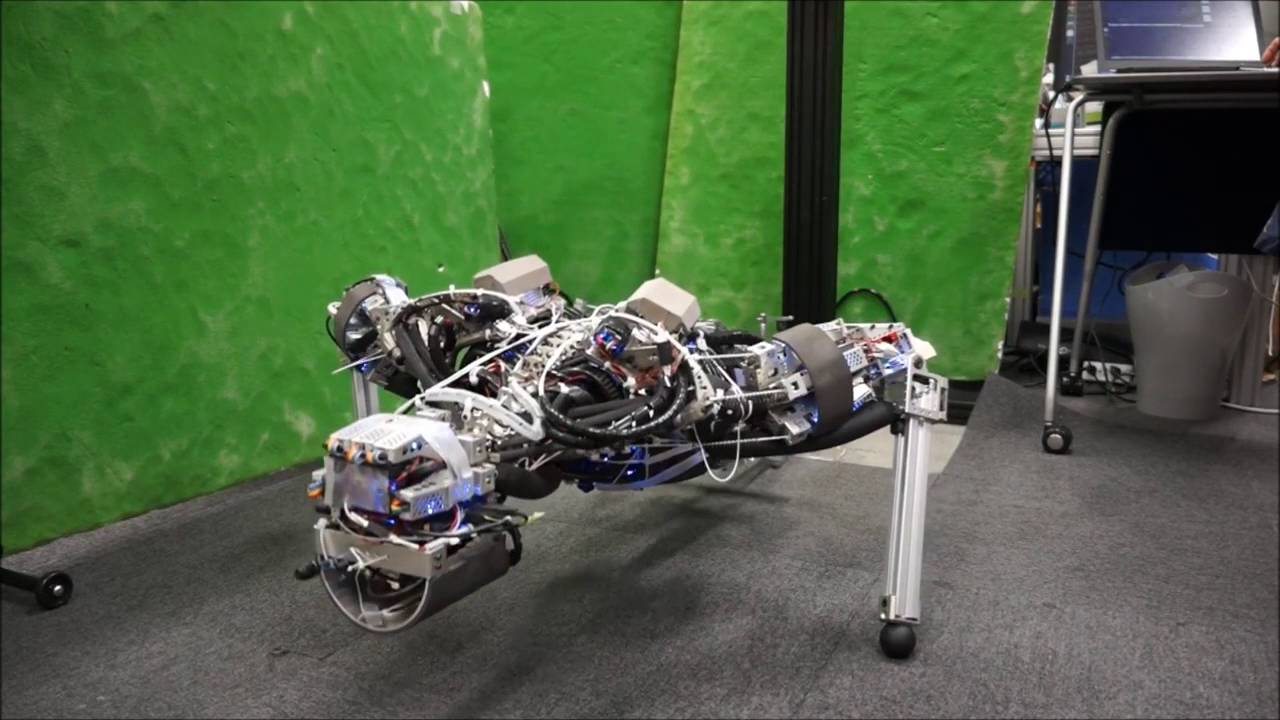As Uber pushes ahead with plans for self-driving cars, there are differing views on the roles of drivers in that future.
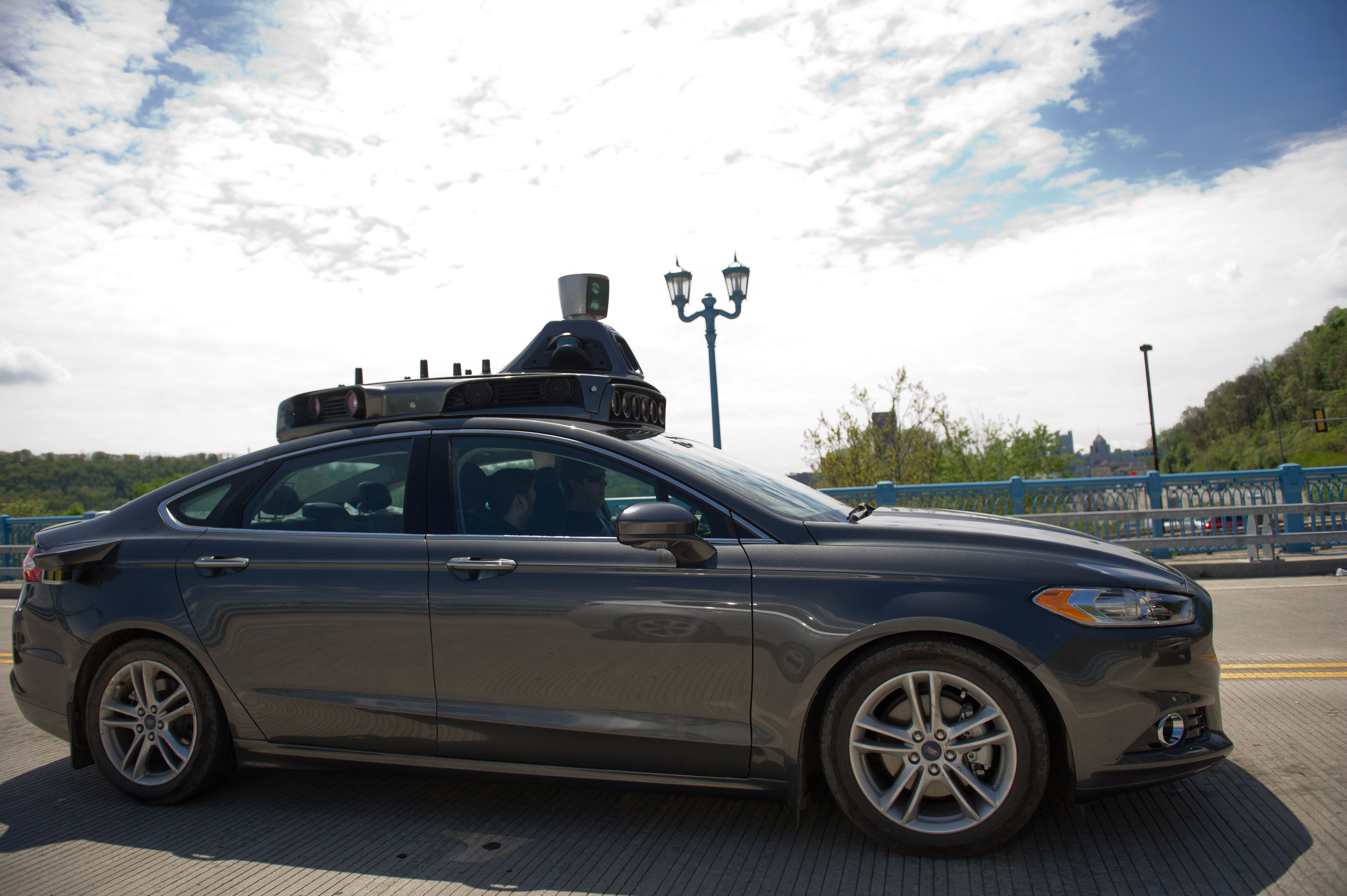

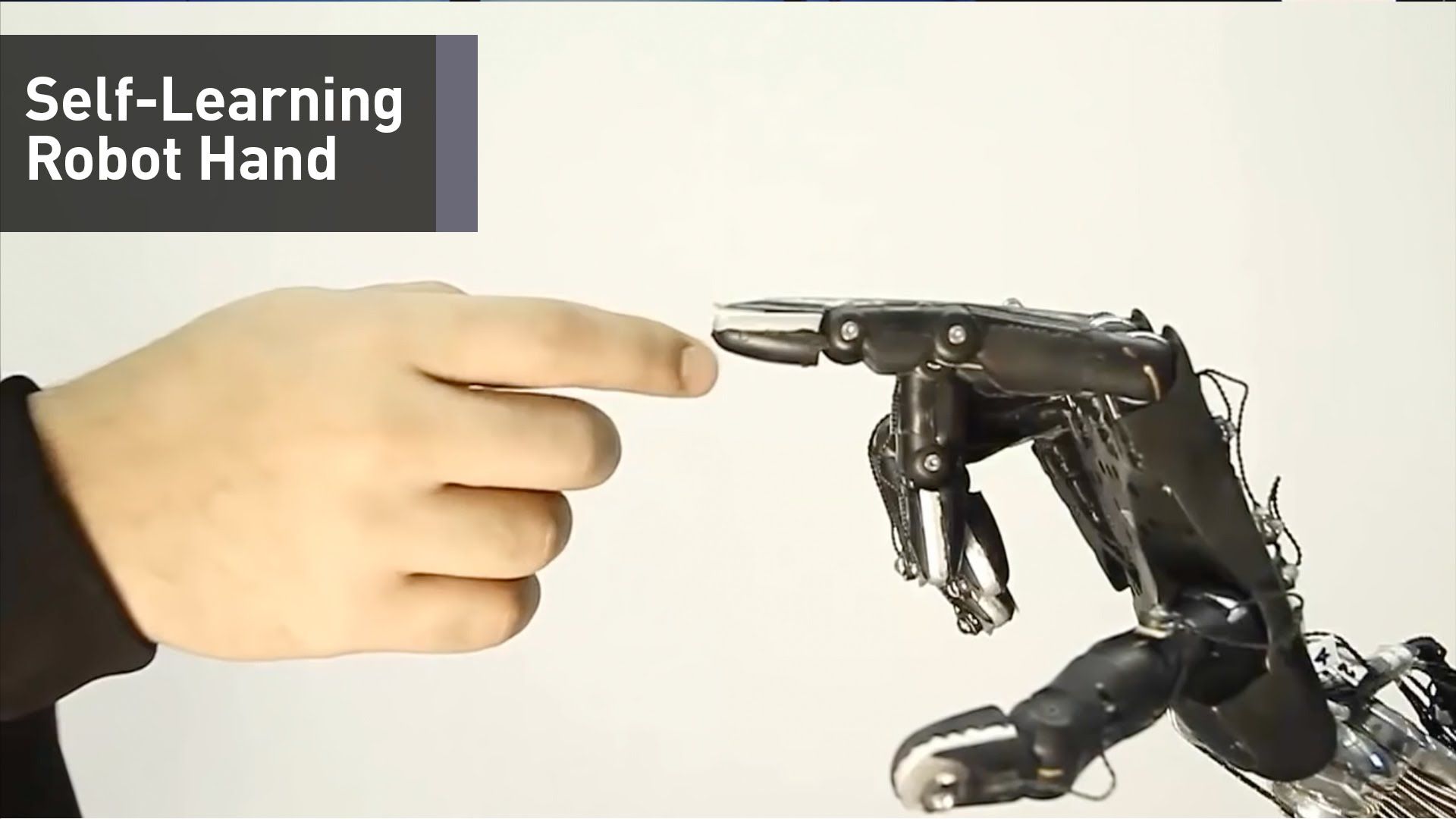
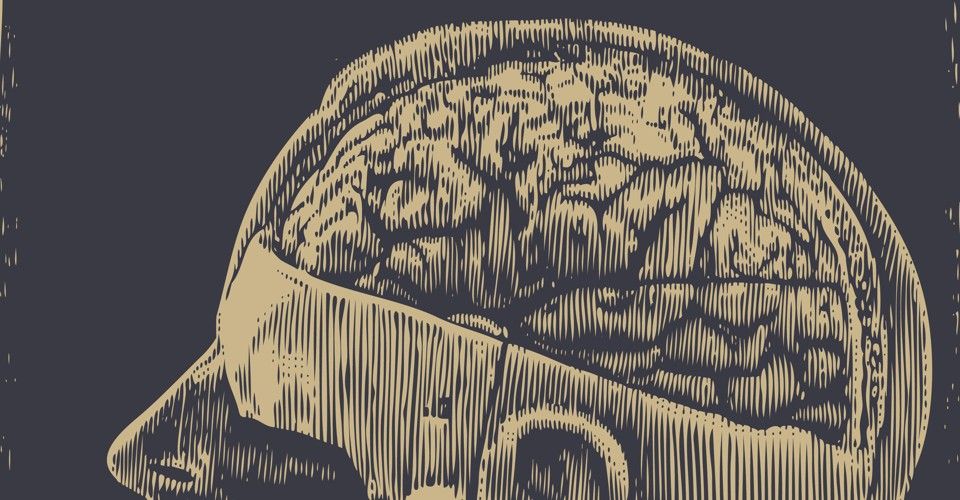

The American Dream is ending, and its automated software and hardware technology that’s ending it.
Now that machines can diagnose cancer, trade stocks, and write symphonies, they’re not just going to make humans more efficient as they have in the past—they are replacing them entirely and wrecking the economy along the way.
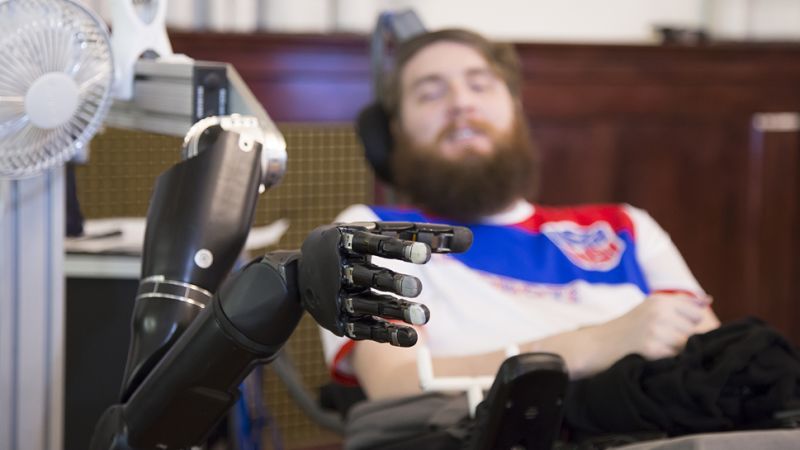
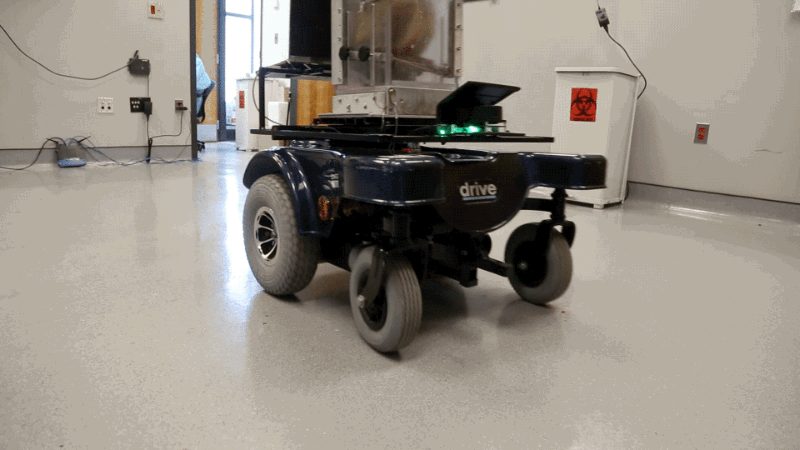
Researchers have developed a wireless brain interface that allows monkeys to control the movements of a robotic wheelchair using their thoughts alone. The breakthrough suggests that similar interfaces could allow severely paralyzed individuals to navigate all sorts of robotic devices with their minds.
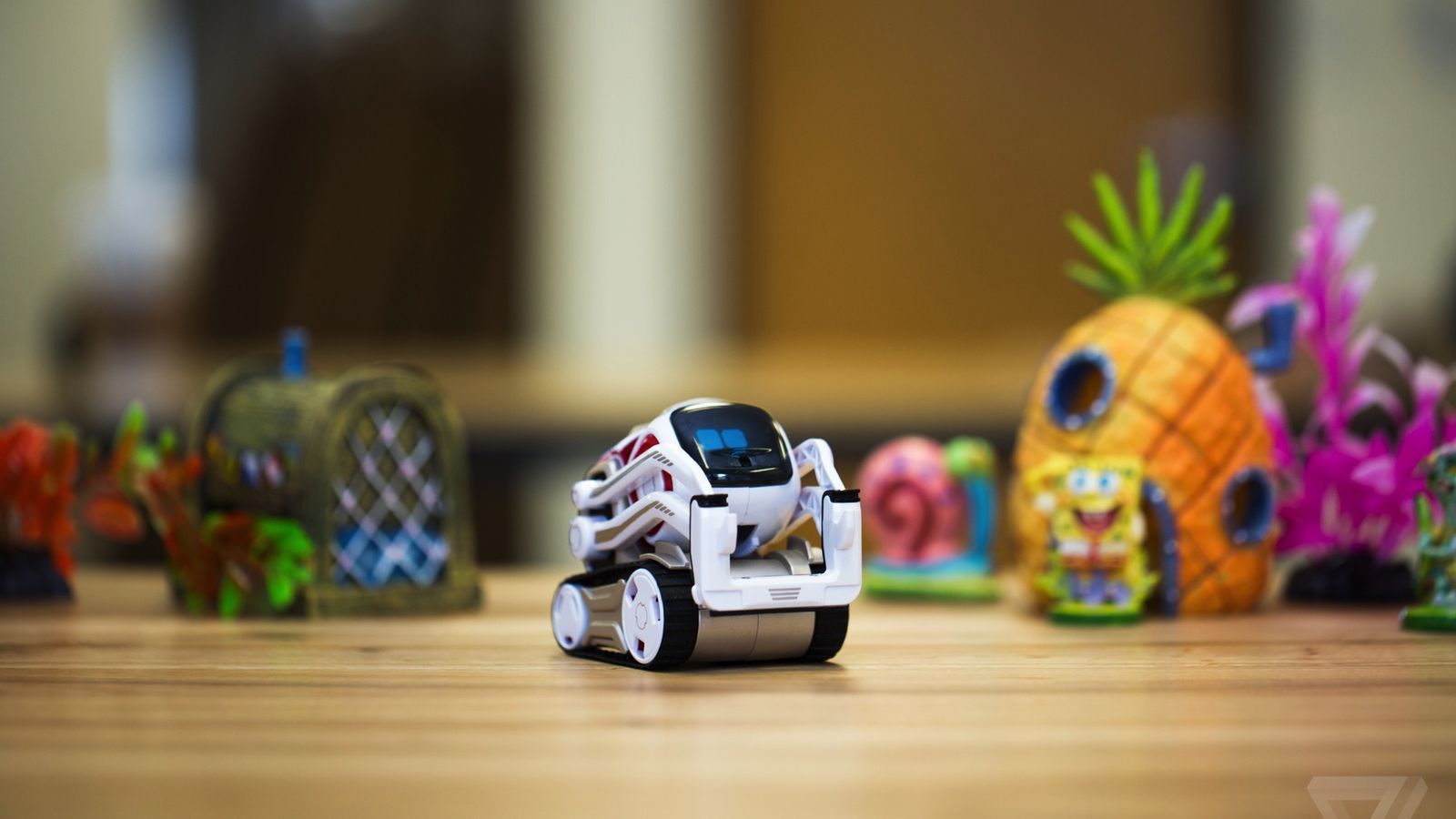
Human beings have an uneasy relationship with robots. We’re fascinated by the prospect of intelligent machines. At the same time, we’re wary of the existential threat they pose, one emboldened by decades of Hollywood tropes. In the near-term, robots are supposed to pose a threat to our livelihood, with automation promising to replace human workers while the steady march of artificial intelligence puts a machine behind every fast food counter, toll booth, and steering wheel.
In comes Cozmo. The palm-sized robot, from San Francisco-based company Anki, is both a harmless toy and a bold refutation of that uneasy relationship so loved by film and television. The $180 bot, which starts shipping on October 16th, is powered by AI, and the end result is a WALL-E -inspired personality more akin to a clever pet than a do-everything personal assistant.
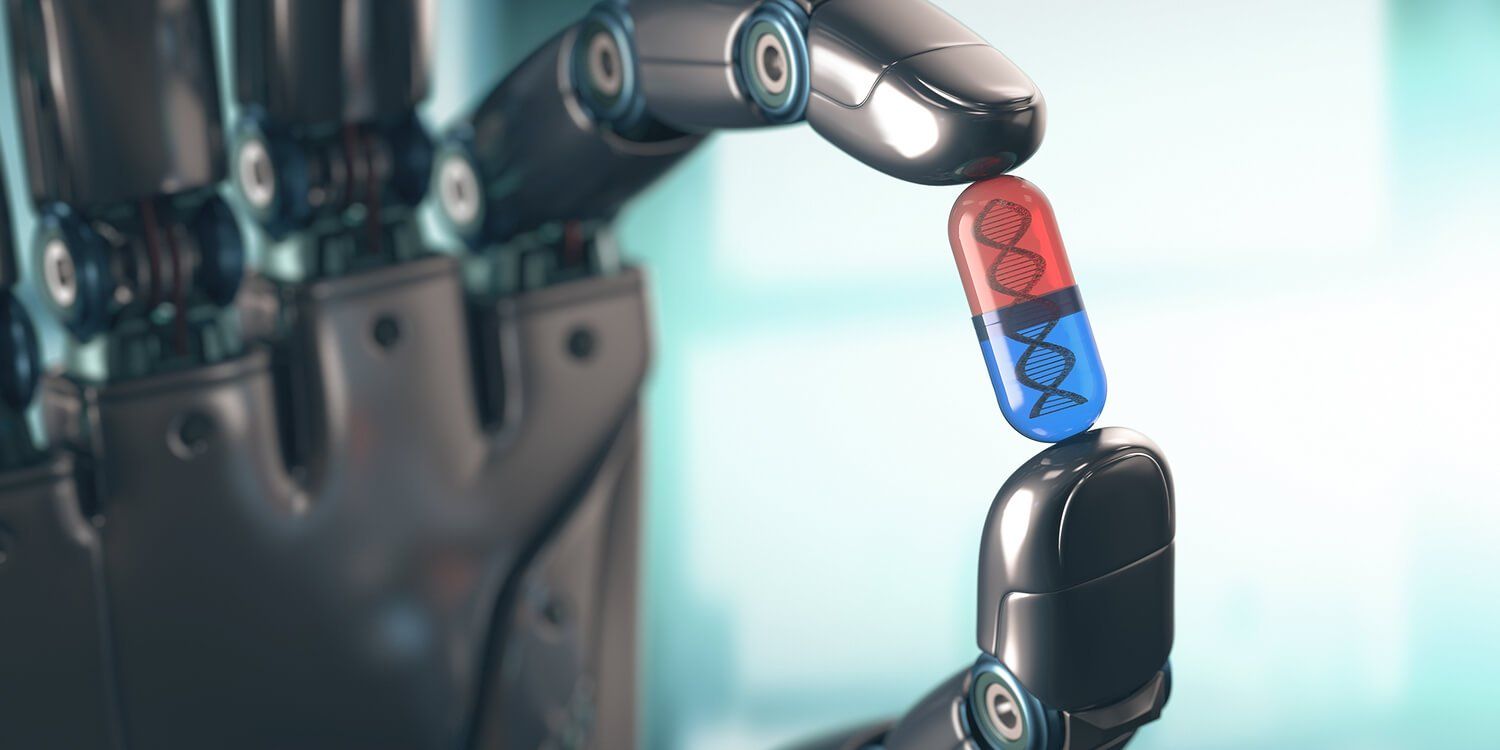
It probably goes without saying, but medicine has improved a lot in modern times. No one would willingly go back to the days of sketchy anesthetics and experimental surgery.
We know a lot more about what ails the body and how to treat disease.
But could we do better? Sure. Some conditions yet confound doctors. Patients still suffer. As much as the situation has improved—some things haven’t changed a bit.
